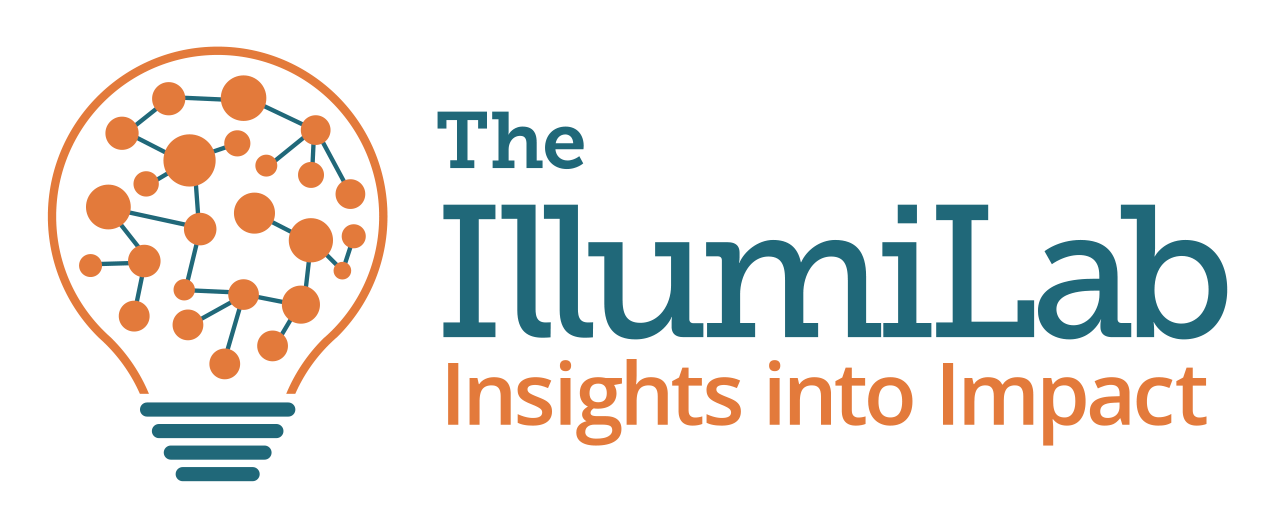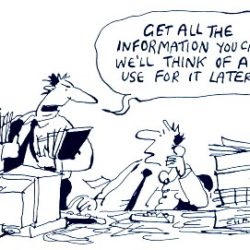Evaluative Thinking in Program Design, Management, and Evaluation
This is the fourth and final post in a series on Evaluative Thinking (ET) in nonprofits. In the first post, I shared definitions of ET and contrasted it with evaluation itself. Next, I shared some tips and tools for encouraging and practicing ET. And last time, I shared some examples of what ET looks like[…]






